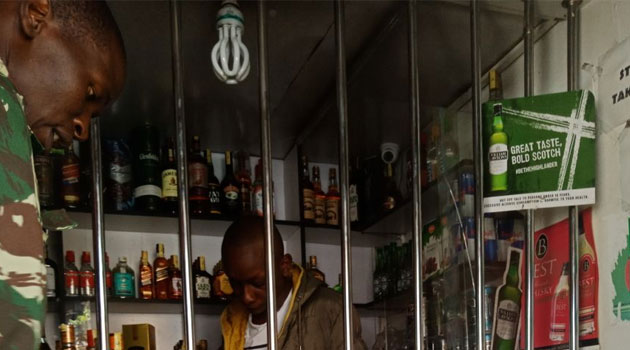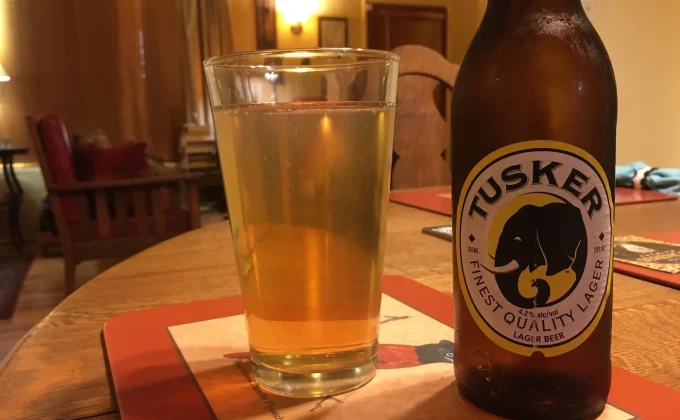In just six months, one of the brewers in East Africa, the East African Breweries PLC (EABL) reported Ksh54.9 billion in net sales. With 30 different brands of alcohol, another company, Keroche Breweries Limited (KBL), has been raking in billions in revenue in the recent years, making it the second-largest brewer in the country.
Most of the alcohol produced by the brewers is consumed locally, with the very little being exported outside the East African region.
But the profits have not come without a price, paid by both alcoholics and non-alcoholics. From broken families, to neglected children to noisy and violent neighbourhoods, almost everyone has felt the effects of extreme alcohol.
Apart from the personal and family problems that come with alcohol, communal problems have become a factor, especially the presence of liquor joints in every corner of residential places.
The problem has been rampant in major cities, where a section of residential houses are used as drinking joints.
Drinking joints come with their problems, including noise, fights and the oldest trade of all times, prostitution. Nairobi’s residential areas have become one of the most affected, with thousands of liquor joints dotting the city.
Initially, liquor joints were not allowed in residential areas, but seemingly, no one cares about the city by-laws and the shops can be set up anywhere. Wherever there are liquor joints, commercial sex workers tend to pitch tent, further deteriorating the moral values of the surrounding communities.
Some of the most affected areas include Pipeline, Umoja, Eastlands, all the slum areas and the outskirts of the city including Ongata Rongai, Kiserian, Ngong and Kitengela.
Churches also dot several residential areas, playing, praying and singing loudly during keshas without caring about the well-being of the tenants who are not of their faith. Landlords will pretend not to see, after all it is “legit business”.
“Nairobians need to take their neighborhoods back! Residential areas are for living, not parting or clubbing, the city councils must uphold city bylaws & allow us to live in peace and quiet, life presents us with so much challenges than to add Amapiano to it. We must protest,” says Emma Too on Twitter.
Nairobians need to take their neighborhoods back! Residential areas are for living, not parting or clubbing, the city councils must uphold city bylaws & allow us to live in peace and quiet, life presents us with so much challenges than to add Amapiano to it. We must protest.🙏🏽
— Emma Too™ (@Emma999Too) January 30, 2022
Too’s sentiments have been echoed by several Nairobians living in different parts of Nairobi, who feel that the City’s residential areas are losing their mojo.
Here are some reactions:-
I had to move from pipeline coz the owner decided to allow liquor stores and clubs on the ground floor. Till now my barely 12 months son gets nightmares from blasts that destroyed his precious 8 months of night sleep
— Calvin M. Justin (@CalvinMJustin) January 30, 2022
Atleast someone has called them out. Where i stay there is a club and a church(20metres away)and also prostitutes and kids are raised in this area(s) yet we call this a residential area?
— Mickey (@MwasMickey) January 30, 2022
A Congolese church set up camp next to my house and life has never been the same ever since!!! I've tried the local chief. Kenya police. Local authorities. Nema. Nothing gives. It is mind numbingly tedious especially on Sundays. There's simply no peace!!!! Add a newborn
— Redeemed. (@Nathan30021864) January 31, 2022
Read: You Will Pay More for Water, Alcohol and Boda Bodas as KRA Raises Tax
>>> Noisemaker who makes millions from stocks













Leave a comment